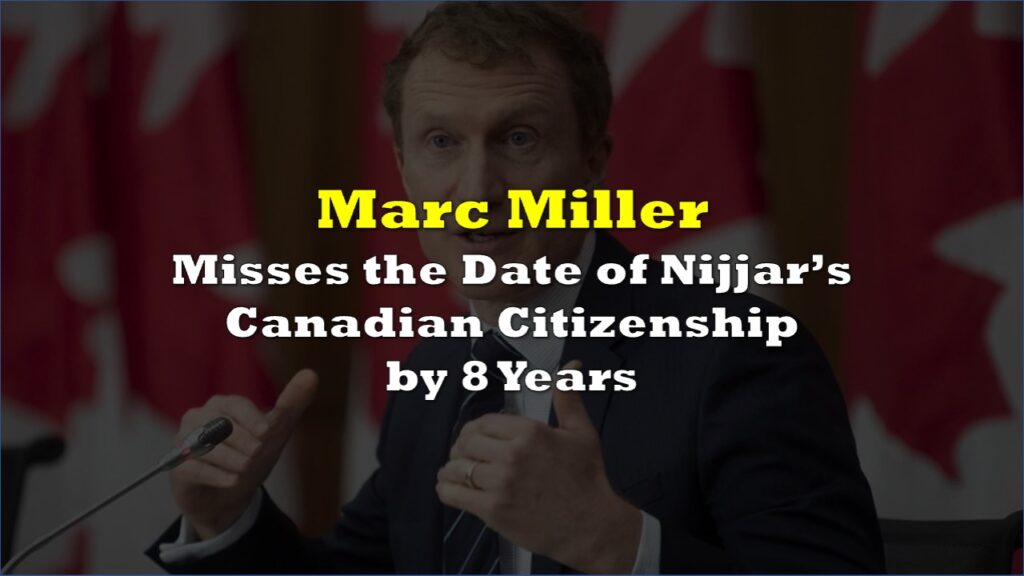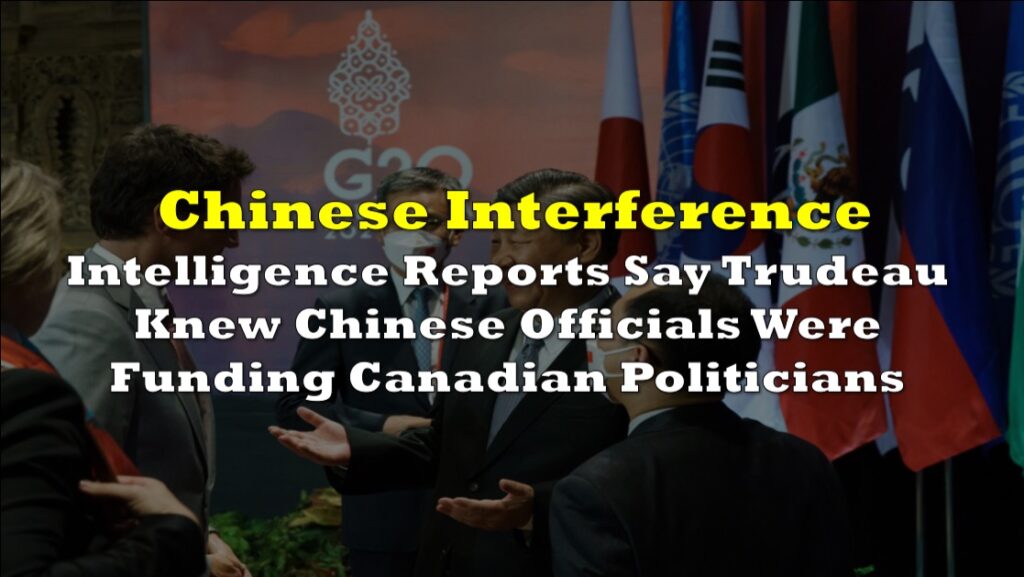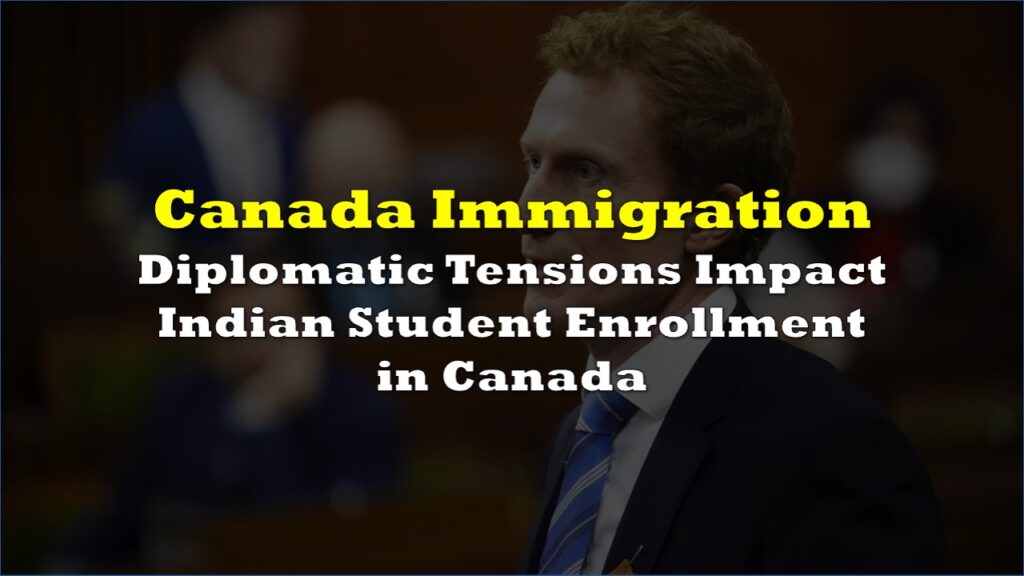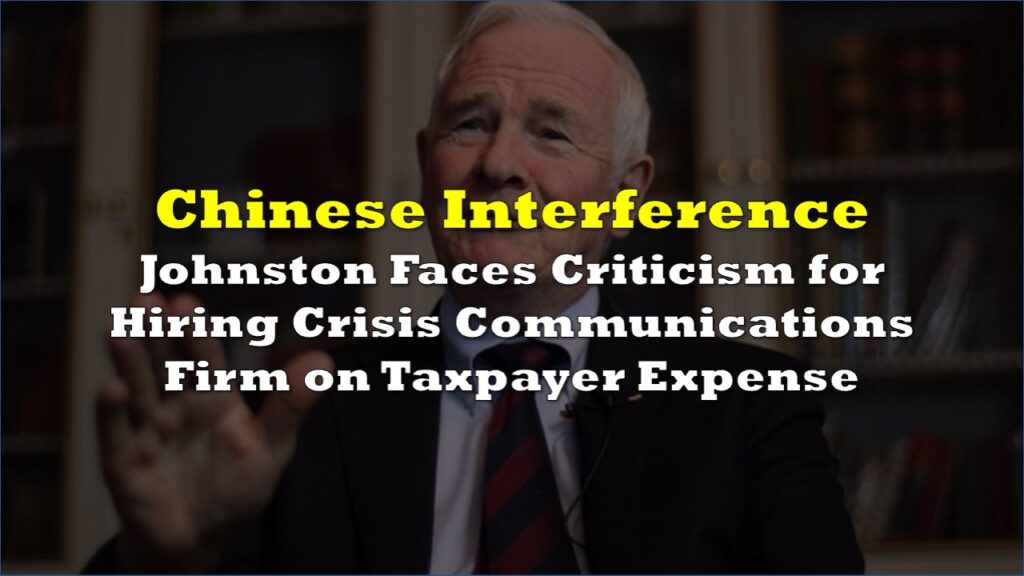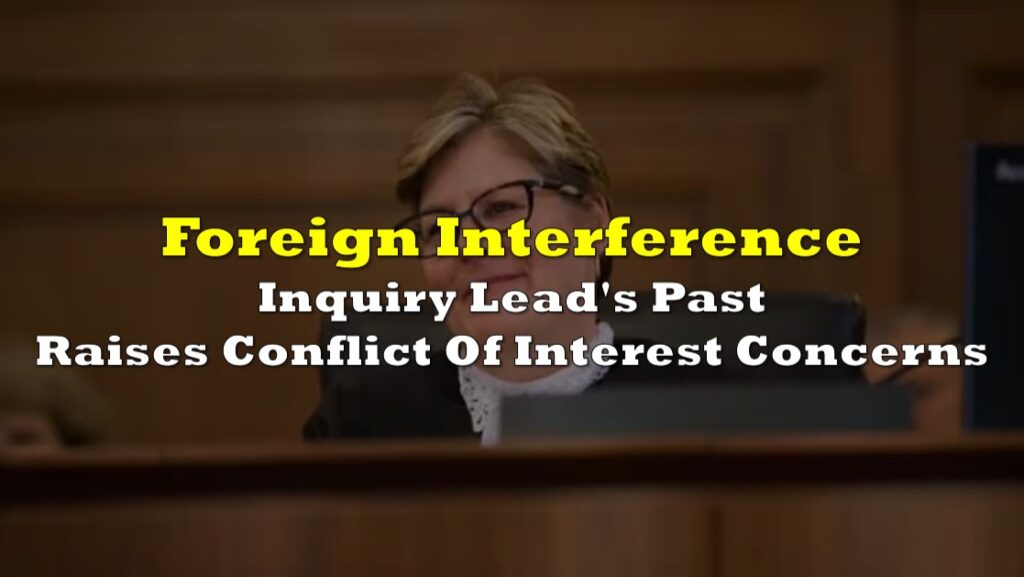Tensions between Canada and India have escalated dramatically following accusations of foreign interference, murder, and extortion leveled by Canadian authorities against the Indian government. The unfolding diplomatic crisis has prompted both countries to expel senior diplomats and issue scathing public statements, raising concerns about the long-term implications for bilateral relations and regional stability.
The diplomatic fallout stems from allegations that Indian diplomats stationed in Canada were actively involved in efforts to harass, intimidate, and even assassinate members of Canada’s Sikh diaspora. These allegations were confirmed by Royal Canadian Mounted Police (RCMP) Commissioner Mike Duheme on October 14, who revealed the police’s findings of an “orchestrated campaign” by Indian operatives to silence critics and activists associated with the Khalistan separatist movement.
“This is an extraordinary situation,” Duheme said at a press conference, noting that his department had uncovered direct links between Indian government officials and acts of violence on Canadian soil. “More than a dozen credible threats against members of the Sikh community have emerged, and we are compelled to address this grave issue in the public interest.”
Things are getting spicy between India and Canada with both countries' Oppositions choosing to subtly align in favor of their respective governments against the ruling party of the other country. pic.twitter.com/y8TIbBIIRm
— Vik – A Coconut-Pilled Dark Brandon Fan 🌴🥥 (@Athenas_Son_V) October 14, 2024
The most prominent case at the center of these allegations is the June 2023 assassination of Hardeep Singh Nijjar, a Sikh cleric and pro-Khalistan activist who was gunned down outside a gurdwara in Surrey, British Columbia. Nijjar’s killing sparked a major diplomatic rift between Canada and India, as Canadian intelligence services claimed that the murder was carried out at the behest of Indian operatives.
In response to the findings, Canada expelled six Indian diplomats, including High Commissioner Sanjay Kumar Verma, on October 14. Canada’s Foreign Minister Mélanie Joly described the expulsions as “a necessary step” given India’s refusal to cooperate with Canadian investigations. “These individuals were persons of interest in the Nijjar case, and our law enforcement has clear evidence linking them to criminal activity,” Joly said.
India Denies Allegations
The Indian government swiftly denied the accusations, branding them as politically motivated and intended to divert attention from domestic challenges faced by the Trudeau administration. In an official statement issued by India’s Ministry of External Affairs (MEA) on October 14, the Indian government condemned Canada’s actions as an attack on India’s diplomatic corps.
“Prime Minister Trudeau’s government has consistently provided space to extremist elements and separatists under the guise of freedom of speech,” read the MEA’s statement. It further claimed that Indian diplomats were forced to leave Canada due to “an atmosphere of extremism and violence” that endangered their safety. In retaliation, India expelled six Canadian diplomats, including Chargé d’Affaires Stewart Wheeler, and recalled its High Commissioner from Canada.
OMGGG 🤯🤯
— Namanbir Singh (@realNamanbir) October 14, 2024
This is an official communication from India to Canada.
Has to be the most ruthless and impolite statement ever issued.
The only reason I vote for @narendramodi is because he prioritises INDIA.
Just read this once! pic.twitter.com/8VNH6CNJgT
The MEA emphasized that India would no longer engage diplomatically unless Canada took steps to address what it described as “support for extremism, violence, and separatism.” India’s opposition parties have also weighed in, urging Prime Minister Narendra Modi to consult with political leaders about the worsening situation.
Senior Indian politician Jairam Ramesh of the Congress Party posted on X, “We expect Prime Minister @narendramodi to take leaders across political lines into confidence on this delicate issue of India-Canada relations.”
The escalating diplomatic dispute has drawn strong reactions from opposition parties in both Canada and India. Pierre Poilievre, leader of Canada’s Conservative Party, issued a statement criticizing the Trudeau government’s handling of national security.
“The news and allegations today from the RCMP are extremely concerning and must be taken very seriously,” Poilievre said. He accused the Liberal government of failing to safeguard Canadian sovereignty, declaring, “For nine years, the Liberal government has allowed Canada to become a playground for foreign interference.”
Statement from the Hon. Pierre Poilievre on the news from the RCMP about foreign interference. #cdnpoli pic.twitter.com/VeKdsna35L
— Michael Chong 🇨🇦 (@MichaelChongMP) October 14, 2024
Poilievre’s comments reflect growing concerns among Canadian politicians about the government’s ability to address threats from foreign actors. Poilievre also demanded “full criminal prosecution” for any individuals involved in harming Canadian citizens, emphasizing that “foreign interference from any country, including India, is unacceptable.”
Strained Relationship with India
The rift between Canada and India is not new. Tensions have simmered for years over allegations that Canada has harbored Khalistani separatists, a point of contention that resurfaced when Prime Minister Justin Trudeau visited India in 2018. Modi’s government has long accused Trudeau of turning a blind eye to Khalistani extremism in exchange for political support from Sikh voters in Canada.
Canada is home to the largest Sikh population outside India, and the diaspora has been a vocal advocate for the creation of Khalistan—a proposed independent Sikh state. While the movement has little traction within India, where the majority of Sikhs live peacefully in Punjab, it remains a polarizing issue. India has repeatedly expressed concerns that some elements of the Canadian Sikh community promote violent separatism, further straining diplomatic ties.
The crisis also complicates Canada’s foreign policy, as Western allies—including the United States, Australia, and the European Union—are increasingly courting India as a counterweight to China’s influence in the Indo-Pacific region. Canada’s diplomatic isolation from India could weaken its influence in these broader geopolitical alignments.
The tit-for-tat expulsions of diplomats mark a new low in the relationship between the two countries. Both governments have signaled that they may impose further measures. The MEA’s statement warned that India “reserves the right to take further steps” against Canada, while Canadian officials suggested that additional expulsions could follow if the Indian government does not cooperate with ongoing investigations.
Experts warn that the breakdown in diplomatic relations could impact trade, tourism, and security cooperation between the two countries. India and Canada have modest bilateral trade, but both governments had been working to deepen economic ties through negotiations for a trade agreement, which have now been put on hold. Meanwhile, Indian nationals living in Canada are expressing growing concern for their safety, particularly after reports of Indian officials being targeted by pro-Khalistan groups.
Both governments appear to be digging in, with little indication that the crisis will de-escalate in the near term. Trudeau has made it clear that Canada will pursue legal action against individuals involved in what he described as “an unacceptable violation of sovereignty.” At the same time, India has vowed not to back down, portraying the accusations as part of a political vendetta orchestrated by Trudeau’s government.
The deepening rift highlights the challenges Canada faces in balancing its values of freedom and human rights with the practical realities of diplomacy in an increasingly polarized world. It also underscores the geopolitical tensions in South Asia, where both internal separatist movements and international alliances are reshaping global politics.
Information for this story was found via The New York Times and the sources and companies mentioned. The author has no securities or affiliations related to the organizations discussed. Not a recommendation to buy or sell. Always do additional research and consult a professional before purchasing a security. The author holds no licenses.





